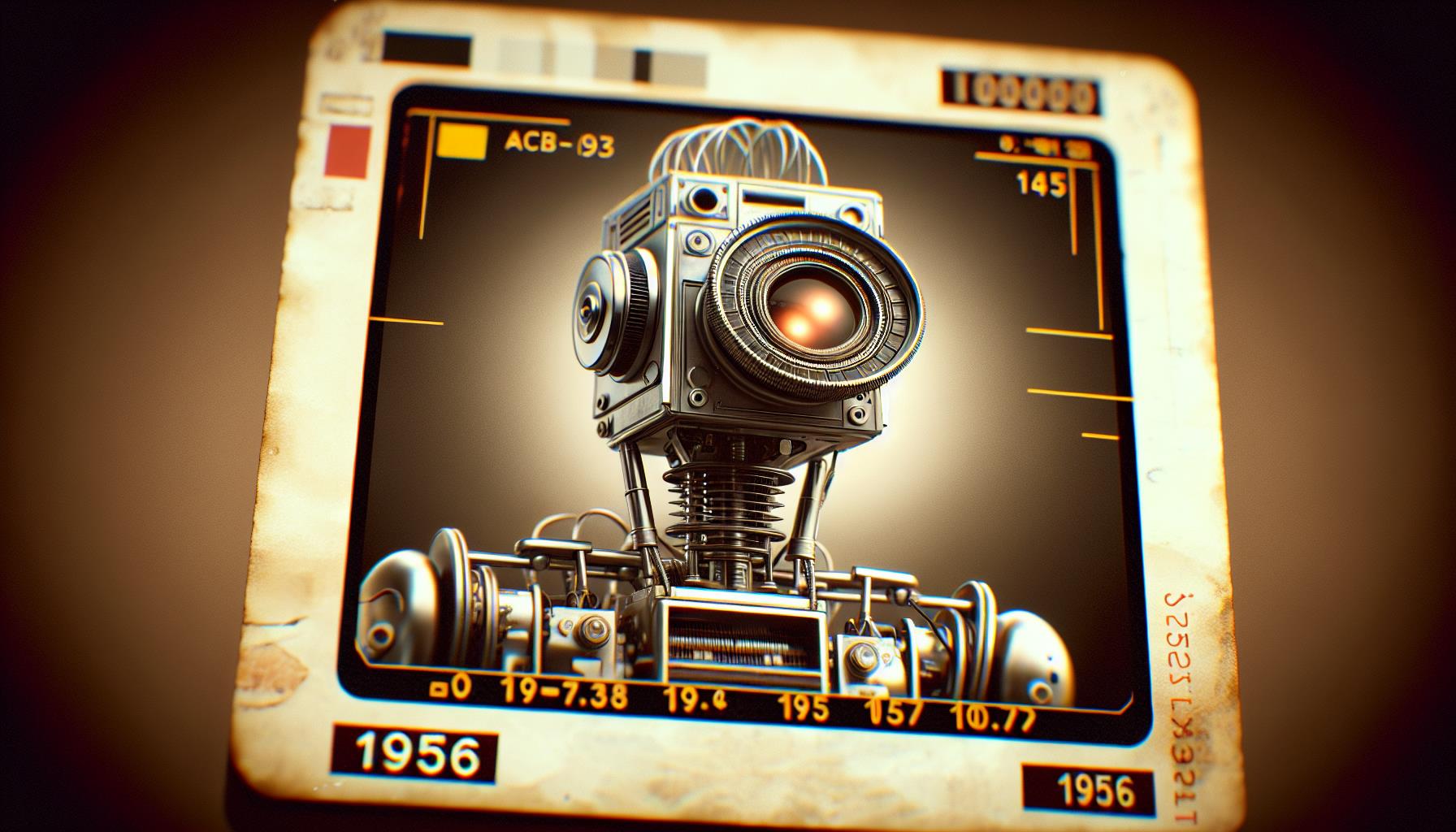The Origins of Artificial Intelligence
The roots of artificial intelligence (AI) can be traced back to the Dartmouth Seminar in 1956, a pivotal event that marked the formal beginning of AI as a field of research. John McCarthy, a computer scientist, is often credited as one of the fathers of AI for coining the term “artificial intelligence” and organizing the seminar. Other pioneers like Marvin Minsky, Nathaniel Rochester, and Claude Shannon also played significant roles, contributing to the development and research in AI.
Historically, the concept of machines that could think has fascinated humans since ancient times. Philosophers such as Aristotle and mathematicians like Euclid laid the groundwork for machine thinking by developing the first formal logic systems. These early ideas evolved over centuries, forming the basis for modern algorithms and computational principles. The medieval scholar Al-Khwarizmi expanded the field by introducing the concept of the algorithm, while thinkers like René Descartes and Leibniz proposed foundational ideas that influenced AI’s development.
Early Developments and Theoretical Foundations
In the 20th century, mathematicians and logicians such as Boole, Frege, Russell, and Whitehead advanced mathematical logic, enabling precise formulation of complex computations and considerations. These advancements were crucial for the initial steps toward creating machine intelligence. The theoretical groundwork for AI was significantly influenced by the British mathematician Alan Turing, who developed the concept of the Turing machine in the 1930s. Turing’s visionary idea of a machine capable of performing any conceivable computation laid the theoretical foundation for computers and AI.
Despite these early advancements, it wasn’t until the Dartmouth Seminar in 1956 that the term “artificial intelligence” was officially coined. This meeting brought together scientists to discuss the future of “thinking machines,” marking the official starting point of AI research. The seminar honored the groundbreaking work of numerous pioneers who laid the groundwork for the field. Turing’s influence extended to theoretical computer science and cryptography, notably during World War II with the decryption of the Enigma code, demonstrating how theoretical explorations can have practical and far-reaching impacts on modern AI technology.
Alan Turing and His Lasting Impact
Alan Turing is a key figure in the development of artificial intelligence, having established the theoretical foundations upon which modern AI systems are built. His research inspired generations of scientists to explore how machines could become intelligent. The Turing Test, proposed in his essay “Computing Machinery and Intelligence,” remains a crucial benchmark for evaluating machines’ ability to simulate human-like thinking.
Turing’s work demonstrated that it was possible to program machines with a set of instructions to perform specific tasks. His ideas led to the concept of algorithmic data processing becoming a reality. Turing envisioned machines that could not only perform complex calculations but also learn and adapt to new situations. His influence extends beyond AI to theoretical computer science and cryptography, as evidenced by his role in breaking the Enigma code during World War II. Although Turing cannot be solely credited with inventing AI, his theoretical framework was essential for enabling the construction and programming of intelligent machines.
- The Dartmouth Seminar in 1956 marked the formal beginning of AI as a research field.
- John McCarthy, Marvin Minsky, Nathaniel Rochester, and Claude Shannon were key pioneers in AI development.
- Alan Turing’s theoretical contributions laid the foundation for modern AI systems.
- The Turing Test remains a significant measure of machine intelligence.
- Turing’s work in cryptography and theoretical computer science had practical impacts on AI technology.
